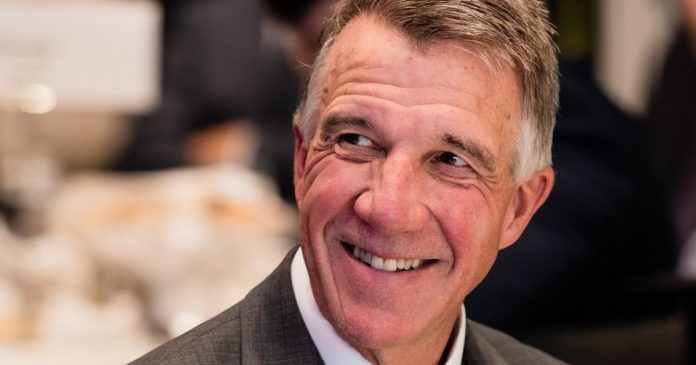Earlier this week, Vermont Governor Phil Scott allowed through amendments to cannabis laws in his state without his signature. Here’s why.
H.612, an Act relating to miscellaneous cannabis amendments, was delivered to the Governor on June 4, 2024 and became law on June 10. Explaining his lack of signature, Governor Scott believes the bill takes some steps forward, but also some steps back.
On the plus side in the governor’s view, the Act bans psychoactive hemp-derived products*, ensures medical cannabis access to those who really need it, responds to municipal concerns relating to setbacks for outdoor cultivators and provides some safeguards on potency. But the Governor remains concerned about high potency medical cannabis products being accessible to those without a valid prescription.
” I believe the Legislature should add additional guardrails and penalties to ensure medical cannabis cards are legitimately obtained and not illegally diverted,” he said.
He also has concerns reductions in licensing fees will result in revenue earmarked for drug abuse prevention being used to shore up the Cannabis Control Board to fund its operations.
“Vermont must remain true to the approach the Legislature has crafted by continuing to prioritize prevention and the health of our communities over the profits of growers and retailers.”
With all that said, Governor Scott felt the benefits of the bill still outweighed the risks – but further efforts need to be made against harmful outcomes when the Legislature returns early next year.
In Vermont, registered medical patients do not pay tax on cannabis purchases, whereas recreational use purchases are subject to a 20-21% tax. Registered patients can also purchase products with a higher THC than what is allowed in the adult use market. There is a wider range of products available to medical cannabis patients, including several product lines that are prohibited in the adult use market.
While individuals aged 21 or older are permitted to cultivate a maximum of two mature and four immature cannabis plants at home; registered patients can have 6 mature and 12 immature plants.
With such added benefits for medical patients, it’s understandable Governor Scott would have concerns about the program being abused.
* In April this year, the Vermont Hemp Program said it’s not legal to manufacture delta-8-THC because the state’s hemp rules prohibit synthetic cannabinoids in products containing hemp. But whether delta-8 is considered synthetic remains a topic of hot debate.


